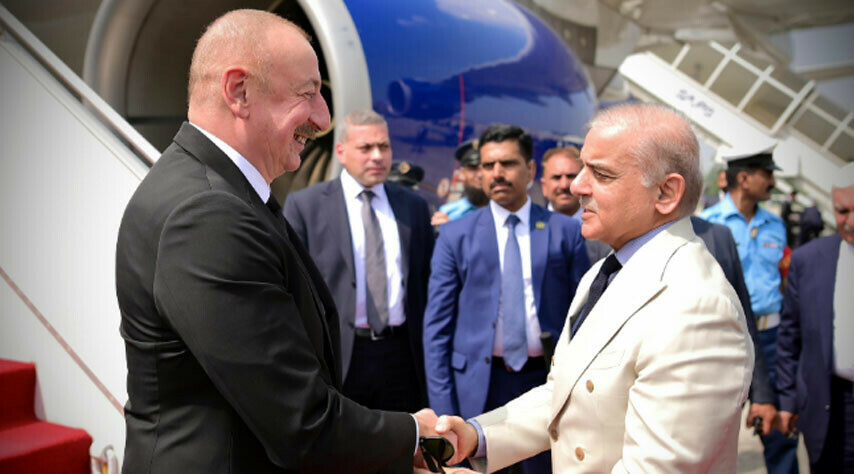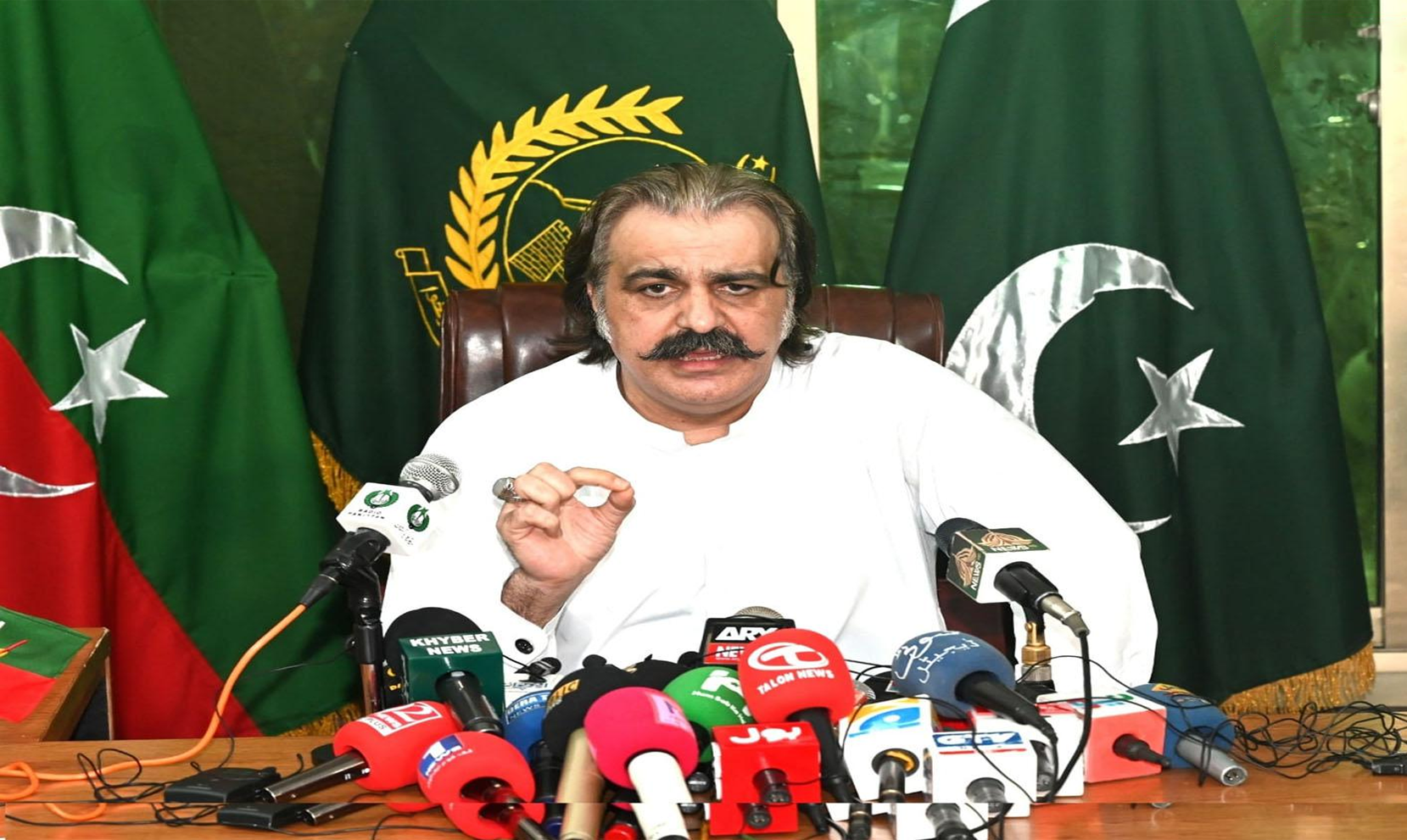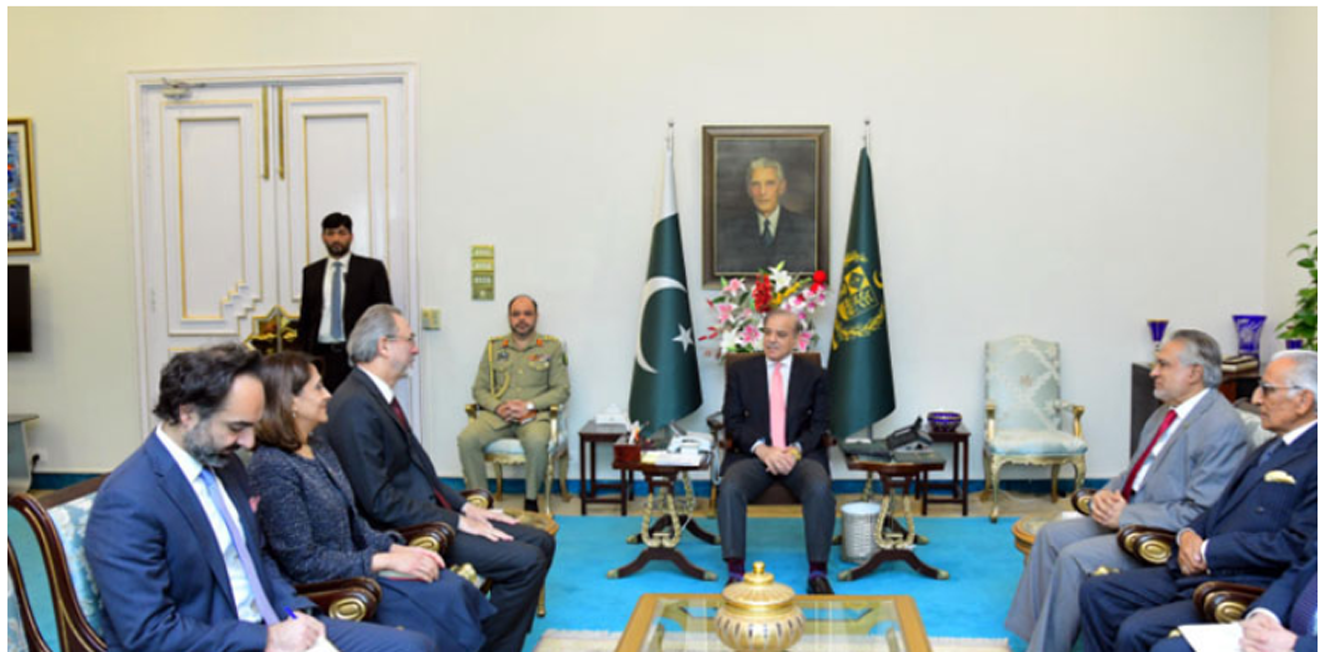President of Azerbaijan Ilham Aliyev arrived in Pakistan on Thursday for a significant two-day official visit aimed at bolstering the bilateral relationship between the two nations. Prime Minister Shehbaz Sharif personally welcomed President Aliyev, underlining the importance of this high-profile visit.
During his stay, President Aliyev is scheduled to engage in discussions with President Asif Ali Zardari and Prime Minister Shehbaz Sharif. According to a statement from the Foreign Office (FO), these meetings will cover a wide range of topics focused on areas of mutual interest. The primary objective is to strengthen bilateral cooperation, and it is anticipated that several agreements and Memoranda of Understanding (MoUs) will be signed during the visit. The FO emphasized that President Aliyev’s visit reflects the robust cooperation and leadership-level dialogue between Azerbaijan and Pakistan.
On Wednesday, Minister for Petroleum Musadik Malik highlighted some exciting prospects, noting that Azerbaijan is considering a substantial investment of $2 to $3 billion in Pakistan. In an interview with a private news channel, Malik revealed that Azerbaijan is particularly interested in the mineral sector, including oil and gas. This interest extends to the oil and gas exploration sector and the LNG sector, where Azerbaijan is keen on expanding its investments.
This visit follows a series of high-level interactions between the two countries. Last week, Deputy Foreign Minister of Azerbaijan, Samir Sharifov, arrived in Pakistan and held meetings with various ministers, including those responsible for energy and commerce. These meetings are part of the continuous efforts to strengthen strategic bilateral relations.
On May 30, the foreign ministers of both countries reaffirmed their commitment to further enhance their strategic partnership. In a statement on X (formerly Twitter), the FO highlighted that Azerbaijani Foreign Minister Jeyhun Bayramov met with Deputy Prime Minister and Foreign Minister Ishaq Dar in Islamabad. They reviewed the progress on bilateral relations and exchanged views on regional and global developments, underscoring the strong ties between the two nations.
This visit by President Aliyev is a testament to the growing cooperation and mutual interest in strengthening economic and strategic partnerships. The anticipated agreements and MoUs are expected to pave the way for increased investment, particularly in sectors such as minerals, oil, gas, and LNG, which are critical for Pakistan’s economic growth.
The strategic partnership between Azerbaijan and Pakistan has been steadily growing over the years, with both countries recognizing the benefits of close cooperation. The discussions during this visit are expected to cover various aspects of bilateral relations, including economic, cultural, and security ties.
Pakistan and Azerbaijan share a history of supporting each other on various international platforms. This visit is expected to further solidify their alliance and open new avenues for collaboration. The FO’s statement highlights the significance of this visit in fostering a stronger bond between the two countries.
The leadership-level dialogue and the expected agreements are seen as a positive step towards achieving mutual growth and development. Both nations are poised to benefit from the deepened cooperation, which promises to bring economic prosperity and strengthen their strategic alliance.
As President Aliyev continues his visit, the focus will be on translating these discussions into actionable plans that will benefit both countries. The investment interest from Azerbaijan, particularly in the mineral and energy sectors, is a promising development for Pakistan, offering potential economic growth and job creation.
The visit is not just about signing agreements but also about understanding each other’s challenges and opportunities. By working together, Pakistan and Azerbaijan can achieve significant progress in their respective national interests while contributing to regional stability and development.




